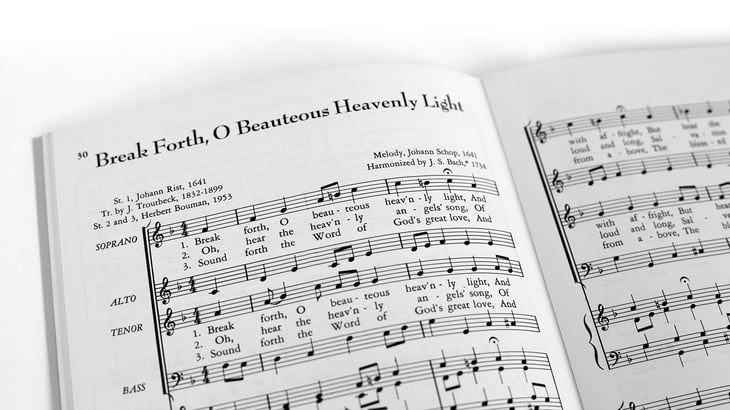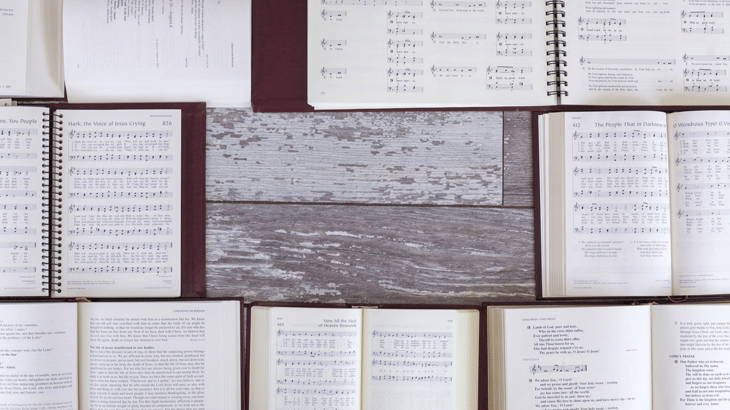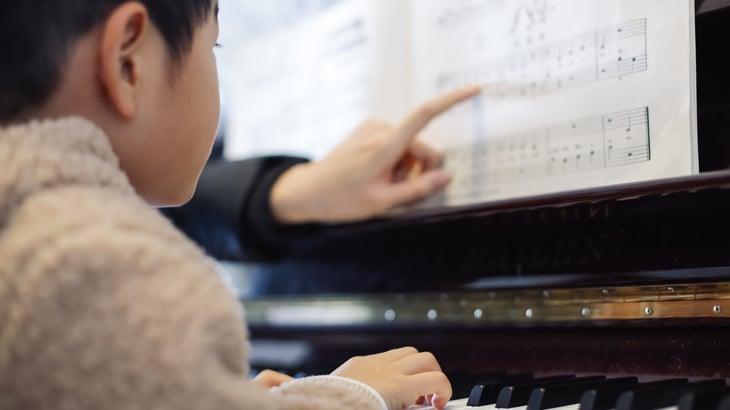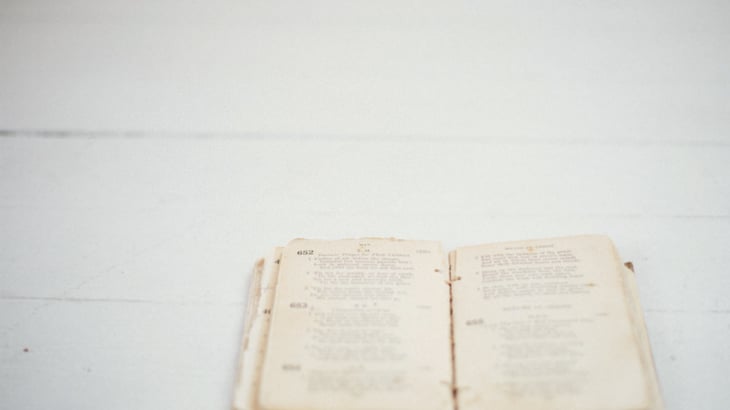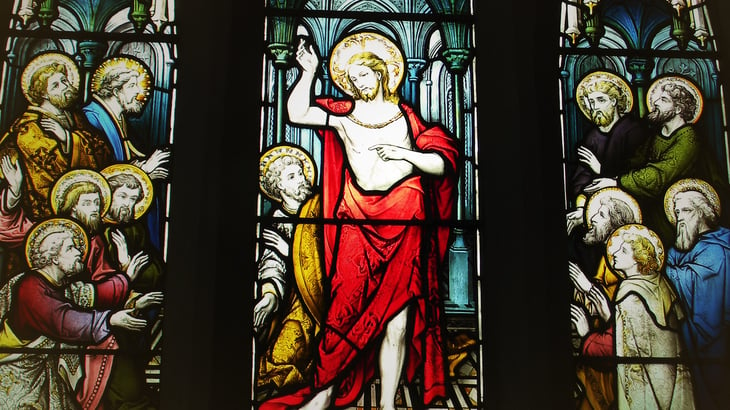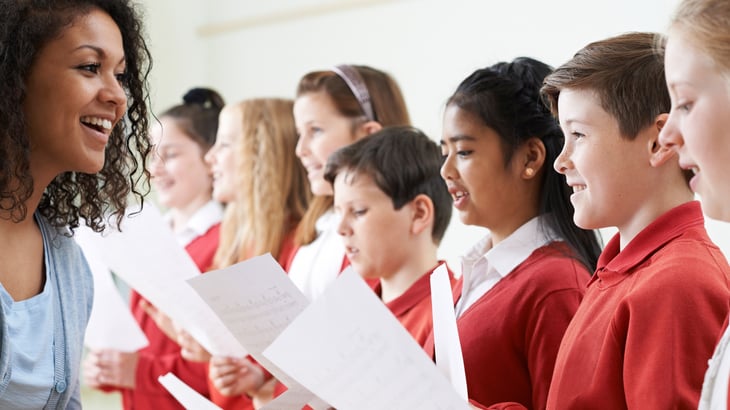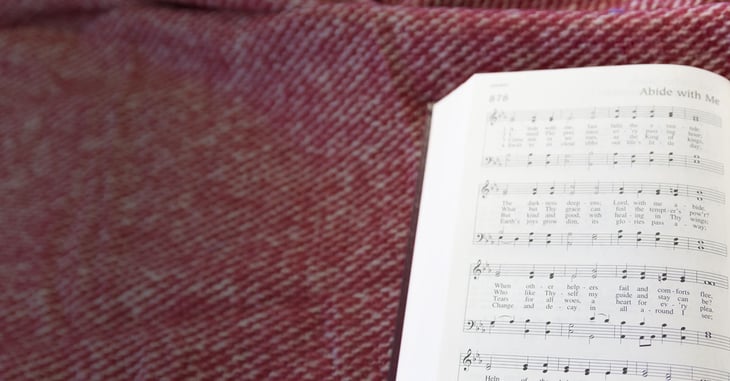Recent Posts by Marie Greenway
Imitation in Music
Originality. A quick Google search of the word provides such synonyms as inventiveness, creativity, novelty, newness, individuality, and even the phrase break with tradition. Originality is a quality highly desired in today’s world. Just look at the trendy Instagram posts of fashion and modern art.
Hymns as Poems: What Do They Mean without Music?
I was recently gifted a book of the poetry of George Herbert. Herbert was a seventeenth-century aristocrat-turned-deacon in the Church of England whose English-language poems were published posthumously. Herbert’s almost exclusively Christian poetry is a beautiful expression of faith. Herbert captures the wonder of God’s love for us, the enormity of Christ’s sacrifice on the cross, and the joy of our salvation again and again. In his work, in fact, his poems remind me of our hymnal and the poetic expressions of faith captured therein. Reading his poetry inspired me to think of hymns as poems as well.
Five-Step Summer Plan for Music Teachers and Directors
It’s 8:46 on a Sunday morning, and I’m still in my pajamas sipping coffee and listening to the birds outside my sun-filled apartment as I write. No choir obligations, no classroom work looming for the after-church hours, no rush to get the laundry done today, no urgent Sunday-evening meal prepping to anticipate.
Musical Literacy, Sightreading, and the Church
Can you comprehend a world without literacy? Think for a moment about a world in which only a small percentage can read and a smaller percentage can read well. If we church musicians also consider music essential to life, should we not also consider music literacy, especially in the form of sightreading, an indispensable skill for any budding, and accomplished, musician?
Reflecting on Holy Week Music after Easter
Holy Week, that crowning week of the Church Year taking us through the Passion of our Lord to His glorious resurrection, has passed and with it some of the most beautiful and wonderful music many of us hear in church during the year. I invite you to take a moment to reflect on that music and to revel in your recollection.
Why Certain Hymn Texts Endure
I live right outside Washington, DC, a transient area where a two-year resident is practically a seasoned veteran. This area recalls the constant movement of our culture and the idea that things simply do not last or even last long. In this day of discarding the barely used for the brand new, how do we ensure that our artistic endeavors in the Church last? Specifically, how can our hymn texts survive a rapidly changing culture?
Keeping Church Reverent
Our culture often promotes relaxed and casual attitudes toward church, urging that a church should be a place where you feel welcomed and comfortable and where you can enjoy your favorite songs while sipping your favorite latte. As appealing as this sounds, why should we strive to keep church and worship reverent? What does music have to do with it?
How to Get Middle School Kids to Participate in Choir Class
Students, especially middle schoolers on the cusp of adulthood, long to be treated with respect and dignity; however, as music teachers, it is often tempting to search for music we think might be popular with our students regardless of musical, or spiritual, value. As soon as we recognize that kids can tell when we are trying to cater to their childishness rather than help lead them toward a mature adulthood, we can see how valuable hymns are in teaching our middle schoolers.
Emmanuel Has Come—Even to Tired Church Musicians
As Christmas approaches, everything around us tells us to be merry and happy—and we should be as we rejoice at the remembrance of the birth of Christ. For us church musicians, though, this time of year finds many of us busy, anxious, and stressed, a far cry from the Christmas cheer everyone around us espouses. Fortunately for us, our tasks during this season lead us to the truth, the ultimate cause of rejoicing.
Evening Hymns for the Close of the Church Year
Abide with me, fast falls the eventide.
The darkness deepens; Lord, with me abide.
When other helpers fail and comforts flee,
Help of the helpless, O abide with me.
(“Abide with Me,” LSB 878, Stanza 1)
So was my family’s anthem nearly every evening when I was little. We made it our own with little added embellishments, as kids (and sometimes dads) are wont to do, and then scurried off to bed (always obediently and willingly, I might add—just don’t tell my mom I said that). Little did we know the preparation that was taking place, the ultimate preparation in life: we were preparing to die.

